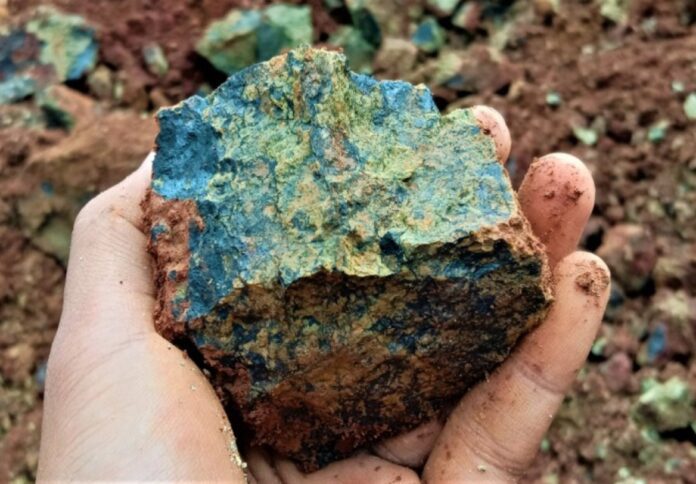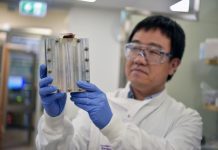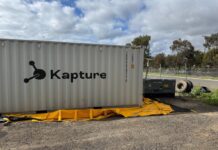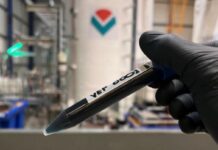
Australia’s national science agency CSIRO has launched CarbonLock, its $20 million research initiative, aiming to develop new and innovative ways to permanently remove carbon from the atmosphere, transform industries, and boost the economy.
The initiative will concentrate on how Australia can develop negative emissions technologies (NETs) to capture and store atmospheric carbon dioxide, as explained by the agency in a media release.
CSIRO said NETs are a crucial component of the toolset for combating climate change and lowering greenhouse gas emissions on a global scale.
Dr Andrew Lenton, director of CSIRO’s CarbonLock program, stated that NETs will be fundamental in assisting Australia’s transition to net zero, in addition to a concerted effort to reduce emissions.
“NETs are critical to Australia’s goal of reaching net-zero emissions because they offer a promising pathway to limiting global warming to well below 2°C above pre-industrial levels,” Dr Lenton explained.
He added that CarbonLock is focused on building the next generation of long-term carbon storage to complement research currently done on geological CCS and nature-based carbon storage technologies.
To date, the agency said that CarbonLock is investigating Direct Air Capture (DAC), an early-stage enabler that collects carbon dioxide from the atmosphere and stores it for use or disposal later.
“Our research will investigate new materials that can speed up and scale up DAC, including training artificial intelligence to develop novel composite materials,” Dr Lenton said.
Dr Lenton added that the CarbonLock team is looking into the huge potential of in-situ mineral carbonation, which he said includes converting carbon dioxide into stone by combining rock with atmospheric carbon to create new rock.
Meanwhile, CSIRO Chief Scientist Professor Bronwyn Fox said CarbonLock unifies all knowledge on next-generation permanent carbon locking, spanning carbon capture, carbon storage and the integration of these systems and will complement other CSIRO projects like the Toward Net Zero Mission.
“CarbonLock is an excellent example of CSIRO driving scientific breakthroughs and collaborating with partners to create innovative solutions that face into the threat of climate change, bringing the best of our science to bare to transform industries, boost the economy, and ultimately improve the quality of life for all Australians,” Professor Fox concluded.
CarbonLock is one of several CSIRO programs known as Future Science Platforms (FSPs) that strive to discover future breakthroughs in new and emerging areas of science.



















